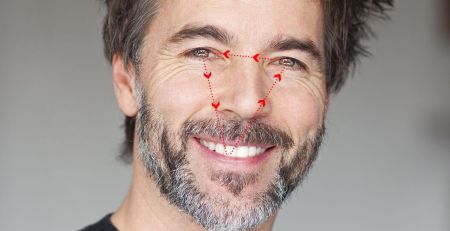Getting enough sleep is crucial for our overall well-being and oral health. However, in today’s fast-paced world, many individuals suffer from sleep deprivation, which can significantly impact various aspects of our health, including our oral health. The below factors explore the connection between lack of sleep and oral health problems and provide insights into maintaining a healthy sleep routine for optimal oral well-being.
- Increased Risk of Gum Disease: Lack of sleep can weaken the immune system, making it harder for the body to fight off infections, including gum disease. Gum disease, or periodontal disease, is a bacterial infection that affects the gums and supporting structures of the teeth. If left untreated, it can lead to symptoms such as gum inflammation, bleeding, and even tooth loss.
- Dry Mouth: Sleep deprivation can contribute to a dry mouth, a condition known as xerostomia. During sleep, saliva production naturally decreases. However, chronic lack of sleep can further reduce saliva flow, leading to dryness in the mouth. Saliva is vital in maintaining oral health by washing away food particles, neutralizing acids, and preventing tooth decay. A dry mouth can increase the risk of cavities, bad breath, and oral infections.
- Temporomandibular Joint Disorder (TMJ): TMJ disorder is a condition that affects the jaw joint and surrounding muscles. It can cause jaw pain, clicking or popping sounds, headaches, and difficulty in opening or closing the mouth. Sleep deprivation and stress can exacerbate TMJ symptoms, increasing jaw tension and discomfort.
- Bruxism (Teeth Grinding): Sleep deprivation has been linked to an increased prevalence of bruxism, a condition characterized by teeth grinding or clenching during sleep. Bruxism can lead to various oral health problems, including tooth wear, tooth fractures, jaw pain, and headaches. It is essential to address bruxism to prevent long-term damage to the teeth and supporting structures.
- Weakened Immune System: Sleep deprivation compromises the immune system’s function, making the body more susceptible to infections and slowing the healing process. This can affect the body’s ability to combat oral infections, such as gum disease or oral ulcers, leading to prolonged healing times and increased oral health issues.
Maintaining Healthy Sleep Habits for Optimal Oral Health
- Prioritize Sleep: Make sleep a priority and establish a consistent sleep schedule. Aim for 7-9 hours of quality sleep each night.
- Create a Relaxing Bedtime Routine: Develop a relaxing routine before bed to signal your body that it’s time to unwind. Avoid electronic devices, caffeine, and stimulating activities close to bedtime.
- Practice Good Oral Hygiene: Maintain a regular oral hygiene routine of brushing twice daily and flossing daily. Use fluoride toothpaste and rinse with an antibacterial mouthwash to keep your teeth and gums healthy.
- Manage Stress: Implement stress management techniques, such as exercise, meditation, or deep breathing exercises, to promote better sleep quality and reduce the likelihood of developing oral health problems associated with stress.
- Seek Professional Help: If sleep issues persist, consult a healthcare professional or sleep specialist to address the underlying causes of sleep deprivation and develop an appropriate treatment plan.
Taking care of your sleep is an investment in your overall health and oral well-being. You can help maintain a healthy mouth and enjoy a brighter smile by prioritising adequate sleep and addressing sleep-related issues.
References
- AlFaleh, S. S., AlKahtani, M. S., & AlTuwirqi, O. A. (2021). The impact of sleep quality









